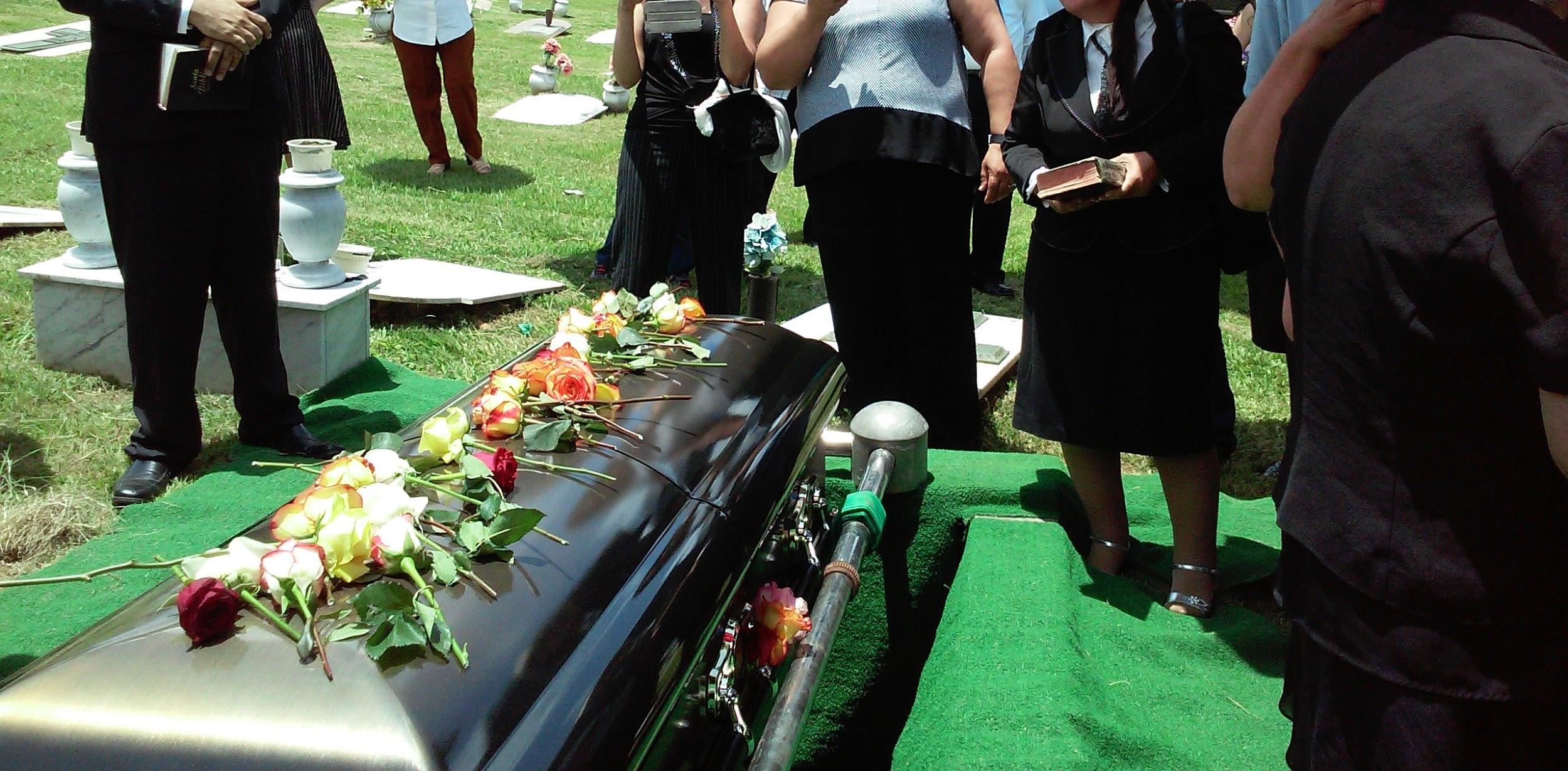Key takeaways
- Mortality and morbidity are two intangible, yet very important and unavoidable topics to think about.
- Addressing these topics requires a discussion about death as well as potential medical and disability issues.
- Having life insurance, an estate plan, and medical and disability insurance in place will provide relief to those coping with the death or disability of a loved one who’s also a primary breadwinner.
- Putting these solutions in place costs a little money, but aren’t truly expensive.
Today I’m going to talk about mortality and morbidity. You may be wondering why I’d choose these two topics and what, exactly, they’re all about. Both of these topics are somewhat intangible. Mortality is about death. Morbidity is about living, in a way. It’s actually more about healthcare needs as in when someone becomes disabled or needs ongoing medical services and related things.

Typically, people like thinking about more tangible things and we’ll spend 10 times longer figuring out what furniture looks best in our homes or plans for our next vacation. But, mortality and morbidity are very important topics to address, despite that they’re not pleasant and are intangible in nature.
There are three major areas that involve discussions and plans for mortality and morbidity:
- Life insurance – a plan to provide money for those left behind in case something happens to the breadwinners.
- Medical insurance – here we’re talking about medical insurance that includes provisions in case the breadwinners become temporarily or permanently disabled.
- Estate plan – Essentially, an estate plan is a will. This often includes a trust, powers of attorney, and a series other things having to do with an estate.
It takes some time and planning to put these important safeguards in place and you’ve got to face potential death and disability issues in the process. Nobody wants to think about these sort of things and that’s understandable, and it costs money. But I can say from experience that I’ve run into families that haven’t addressed these things, and it’s not a pretty sight when a situation arises with no plan in place. In some situations, what the remaining family members have to endure because mortality and morbidity have not been addressed is horrible.
For instance, if you die without a will, your state of residence has a generic will in place for these situations. It’s called dying intestate — without a will. Your family members don’t have a say at all in the matter. The state may rule that half of any money or property goes to the spouse and half to the kids. Or they may rule another way. They can do just about whatever they want with your estate. You definitely don’t want the state deciding what to do with your money.

The other concern when it comes to death is that those left behind need quite a bit of money when their loved one dies. They need money for burial. And if you were a primary breadwinner, they’ll need some sort of income to replace that so they can go on and focus on getting back on their feet. Life insurance can address these concerns.
Another thing you can’t avoid is having medical along with disability insurance. People do sometimes become permanently disabled, or often have terrible medical situations befall them. Having this in place can help all involved deal with it.
It’s very intangible and often it doesn’t seem like it’s real, especially when you’re younger. When you’re young, you don’t think about that sort of thing because it doesn’t happen very often. But it does happen, and when it does, it’s a very bad situation for your loved ones. So, even though these aren’t fun topics to think about, putting safeguards in place can alleviate much of the anxiety and pain associated with a bad event. By the way, while it does cost some money, it’s not expensive. It’s just a matter of addressing and finding the best solution for the big three: life, will, medical and disability. Until next time, enjoy.
Gary
